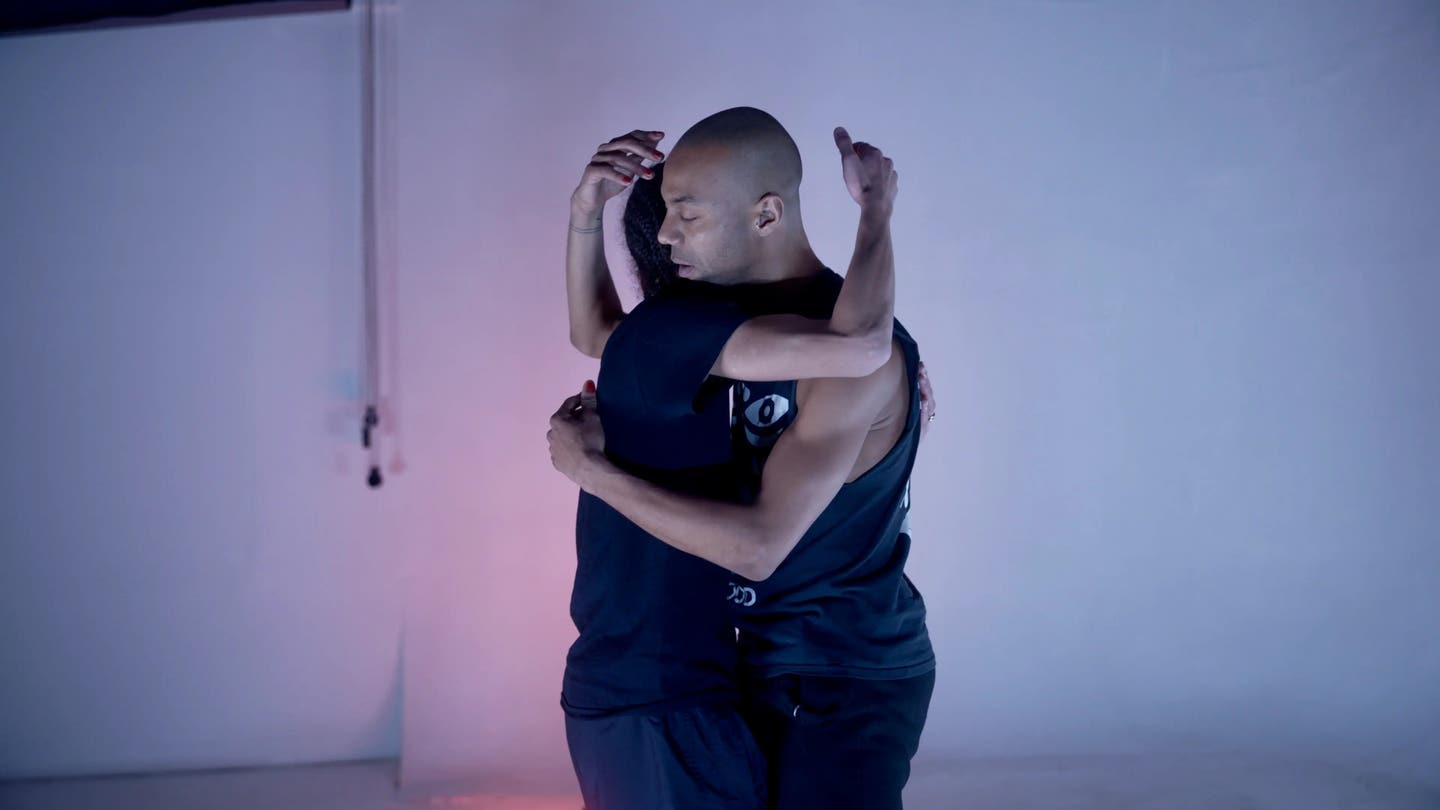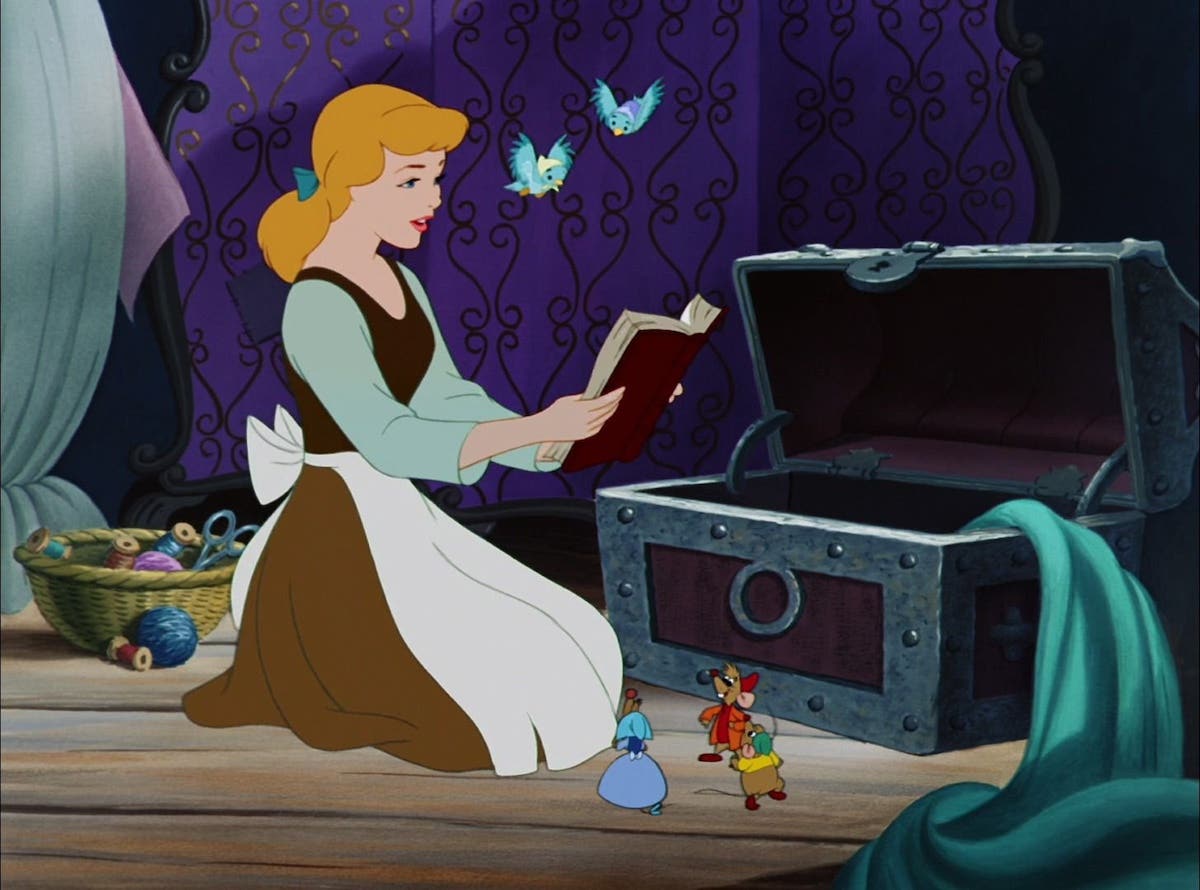Indievelopment: Writer for Hire – When the Honeymoon Ends
The saddest words of tongue or penPerhaps are these: “What might have been.”The sweetest words we know, by heck,Are simply these: “Enclosed, find cheque.” Not everything works out. While quite…
The saddest words of tongue or pen
Perhaps are these: "What might have been."
The sweetest words we know, by heck,
Are simply these: "Enclosed, find cheque."
Not everything works out. While quite probably apocryphal, there's a story that one of Sondheim's shows had travelled to London and the tech rehearsal had gone miserably. It's the wee hours of the morning and finally one of the actors strides downstage center, glares out at the darkened house, and growls, "Who do I have to sleep with to get out of this show?" And from the house, a decidedly Sondheim voice opines, "The same person you slept with to get in!"
Most things in the entertainment industry aren't so clear. But when you're a writer for hire, I can promise you there will be times when you join a project and are not there to see it to the end, and it won't always end on a handshake and a wish-you-well. So, before you get into any project, let's spare a thought for that poor actor in the darkened theatre and ask ourselves "If it all goes bad, how do I get out?"
Everything going well is great, but the ways for things to wrong in film are myriad. Creative differences. Personal differences. Financing falling through. Key people moving on to other projects. A project likes yours tanking financially, so the market cools. And the ever-popular one that will always be with us no matter the industry... that moment when you are finally, forevermore, completely and utterly sick of that person's shit.
Sometimes you'll walk. Sometimes you'll be asked to leave. Sometimes, you'll get yelled at, or yell, or people will threaten legal action, or someone will just stop taking someone else's phone calls. (A lot of the time, ALL OF THIS HAPPENS. Sometimes at one lunch.) And that is when you turn to the page in your contract that says "Termination".
You've got that section, right? You have a contract, right?
Let's go through the scenarios and look at why you'd want a termination clause and what you would want in it.
What You Need
If everything goes wahooney-shaped, here's what you need to know:
- Who owns the property?
- What credit are you entitled to?
- What money are you entitled to?
There are myriad other details, like right to audit, injunctive relief, etc., but those are the three biggies. Your contract should make those three very plain, regardless of smooth seas or hyper-hurricanes with alligators in 'em. (Syfy? Call me!)
So, what are the situations?
An Optioned Spec You Wrote
This one is the simplest. If you optioned it for a finite amount of time (you did do that, right? Nice tidy short option? We talked about this.), then it's quite clear. If you optioned it for 2 years and at 14 months they tell you to drop dead, you wait another 10 months. If they haven't paid you to extend and they haven't made the movie (and therefore paid you), then it reverts to you. Done deal, walk away. Or, they make the movie, you get paid what you're owed, walk away. (The details of making sure you get paid what you're owed in a writing contract would fill many many columns. For that stuff, you talk to an attorney.) If angry producers really want to make a point, they might void the option, but make sure you're 100% in the clear before shopping it anywhere else. Regardless, at the end, you have your property back and they're out their option fee and time, so if there's a winner, it's you.
You Developing Their Property/Idea
This is a dicey one, especially when people start talking about deferral. "Hey, the director's got a great idea/script, but it needs a draft/rewrite/polish and we're broke. We'll pay you when it gets made." Now, here's what can happen if you don't have a clear contract with clear termination clauses. (Producers, I'm looking at you for this one too.) You, the writer, work and slave over a script, getting notes, doing tweaks, fielding different opinions from the producer(s) and the director, often conflicting notes, trying to integrate the fact that the director just got access to a frigging CASTLE, and how do we work that into our story of high-tech corporate espionage, oh, and we need less action/more romance/less romance/more action/make it like Collateral/Sisterhood of the Travelling Pants/Tron/Trois Couleurs/a pony... you get the picture.
Then, you don't see eye to eye, a falling out... and you're told to leave. And the whole project is utterly, completely screwed. Your time, their time, maybe a really good story that each of you loved, all wasted.
You were owed money. How much? Assuming they have to bring in another writer, how much are you to be paid? What about onscreen credit? What if they bring in two? What if they claim they've reverted to a draft before you got involved, and any similarities are accidental? Are you owed nothing? Can you block the release of the picture? Are you going to sue? Can you afford a lawyer?
Wouldn't it be nice to just turn to page 18, clause 4, subclause a) and read what was there? "Upon commencement of principal photography, Writer shall be paid a sum equivalent to the then-current WGA minimum, in proportion to the work done on the script, the amount to be no less than $10,000 US irrespective of other persons' contribution to the Material." And subclause b) which spells out your exact credit, either as sole writer or as one of many.
See? Wasn't that easy? Contracts are great. Use them, even with friends. Friends in business together can be the worst falling outs.
(This is my advice as a writer and a producer, but I'm not an entertainment lawyer, and you really should talk to one before you sign something. But if you absolutely can't afford one, at least write something down in clear language you both agree on that covers the good and the bad. And, if you think you can't afford a lawyer, check. I got help from one of the best entertainment lawyers in the country for free because I asked nicely.)
There are lots of other ways that writers and producers interact; you might have sold a script outright, or be brought in for a polish, or be asked to ghostwrite. Whatever the situation, look at every arrangement and ask, "If the worst imaginable happens, what will happen NEXT?" And hopefully, the first words you should be writing are your own signature on that shiny piece of paper that tells you all what happens next. Get something down, whether it's a multi-part polished über-contract or an email that you both sign off on. Even if you can't afford an attorney, read sample contracts and get something down, something that anticipates the positive and the negative. Make sure you both know what happens.
For better or for worst.
- More Indievelopment articles by Jeff Richards
- Visual Mindscape: Never Do a Free Option Agreement
- Story Talk: Should I Take a $1 Option On a Screenplay?
- Legally Speaking, It Depends: Script Options and Sales
John Jarrell has written many films and TV pilots for major studios
Warner Bros., Universal, Fox, Sony and Dreamworks!
Tough Love Screenwriting: The Real Deal from a Twenty-Year Pro
Get John's must-read screenwriting career advice now!





